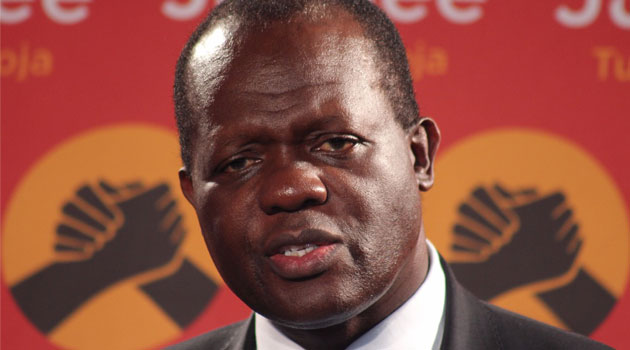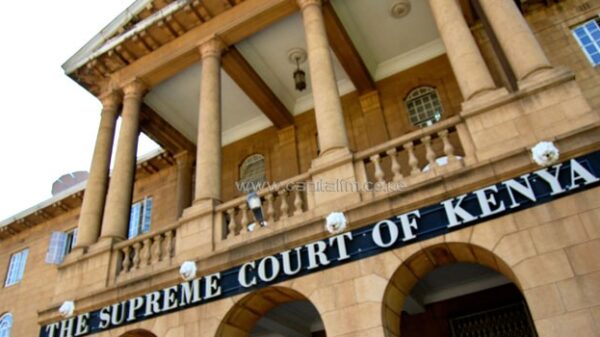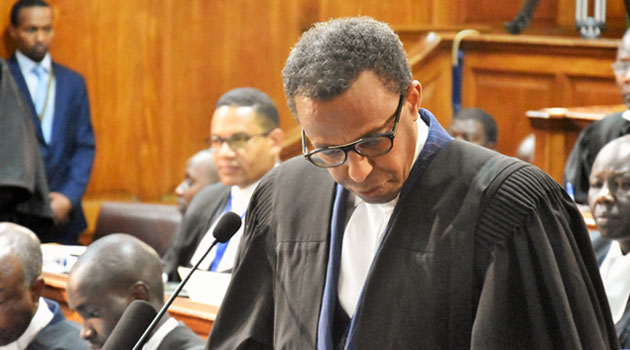NAIROBI, Kenya Dec 1 – The East African Court of Justice (EACJ) has faulted Kenya’s Supreme Court for procedural violations in the impeachment case of former Nairobi Governor Mike Mbuvi Sonko, raising critical concerns about judicial fairness and adherence to the rule of law.
In its ruling, the regional court, headquartered in Arusha, found merit in Sonko’s claims that his impeachment proceedings violated his right to a fair trial. The court highlighted potential breaches of Article 25 of the Kenyan Constitution, which guarantees the right to a fair trial, and Articles 6 and 7 of the East African Community (EAC) Treaty, which emphasize good governance, the rule of law, and justice among member states.
Key Findings
The EACJ did not overturn the Supreme Court’s ruling but criticized the procedural flaws that undermined the credibility of Sonko’s impeachment. The court noted that Sonko’s barring from holding public office for life inflicted irreparable harm on his political career and reputation. It emphasized that such a penalty required an indisputable demonstration of fairness and transparency during the impeachment process.
Sonko’s legal team presented evidence of irregularities, including allegations of procedural violations during the Supreme Court proceedings. The EACJ deemed these claims substantial and emphasized the importance of addressing them to uphold the principles of fairness and justice in the region.
Revised Reference Allowed
In a notable development, the EACJ granted Sonko permission to amend and serve a revised reference, incorporating new evidence from the Kenyan Supreme Court proceedings. This move aims to ensure a more detailed examination of the case while safeguarding procedural clarity.
Implications of the Ruling
The EACJ ruling underscores the role of regional courts in holding national judicial systems accountable to both constitutional provisions and international treaty obligations. By pointing out procedural flaws, the court has highlighted the need for adherence to due process in cases with significant political and legal consequences.
While the Supreme Court’s ruling remains in effect, the EACJ’s findings serve as a strong rebuke of the impeachment process, reinforcing the principle of procedural fairness within the East African Community.










































